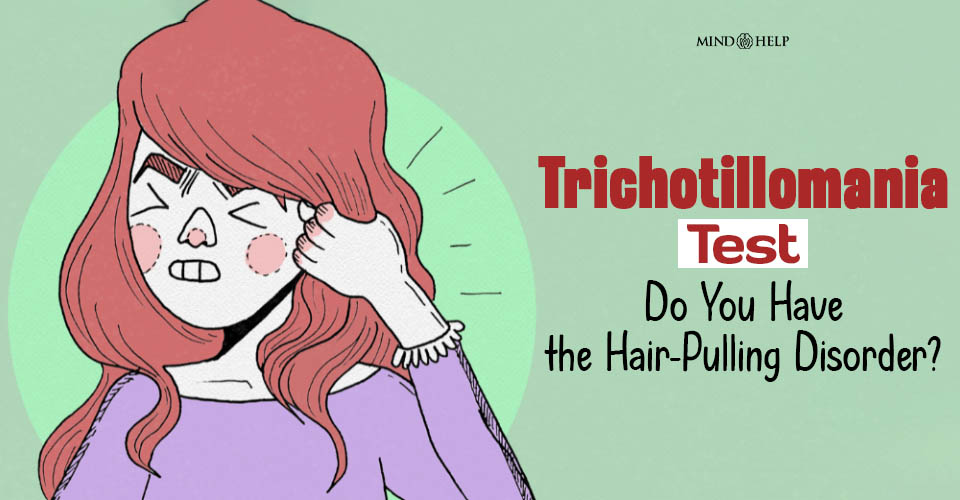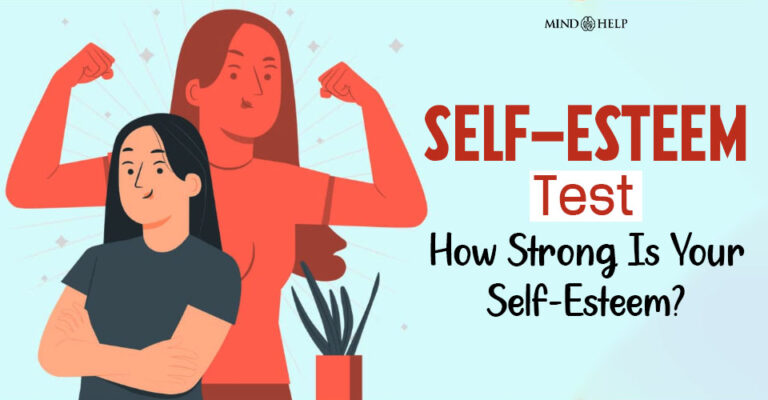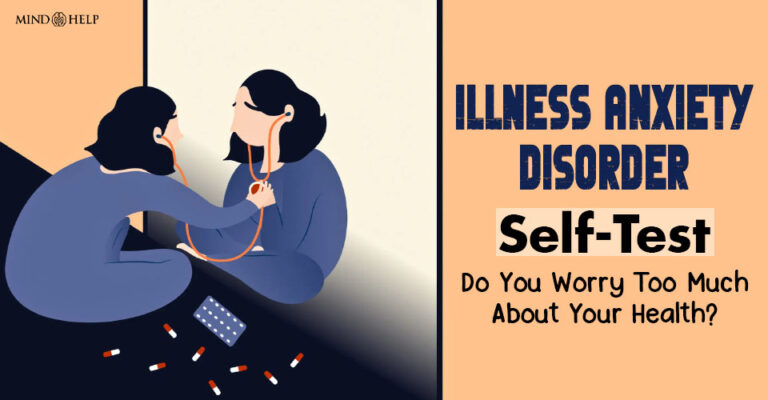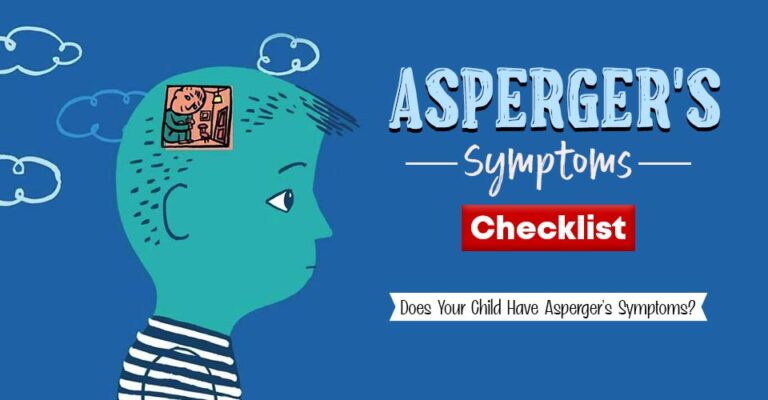Do you find it difficult to resist the temptation to pluck hair from your scalp, brows, or other parts of your body, despite your best efforts? Take this free Trichotillomania test to gain insights into your body-focused repetitive behaviors.
Please note: This is a self-assessment and not a diagnostic test.
What is Trichotillomania?
Trichotillomania (TTM) is a mental health condition marked by the repetitive pulling of one’s hair for non-cosmetic reasons, resulting in noticeable hair loss along with clinically significant academic, social, and/or occupational impairment.
Trichotillomania is also known as “hair-pulling disorder” and is a type of impulse control disorder. While the person is aware of the fact that the habit can be damaging, they are unable to control the impulse. Individuals with TTM may pull out hair from their scalp, eyelashes, eyebrows, underarms, pubic, chin, chest, or leg areas.
In some cases, the condition may be mild and manageable, for others however, it can prove to be quite debilitating. There are some treatment options that have been proven to reduce hair-pulling urges entirely. There is no proven way to prevent the condition. However, getting early treatment can help improve the prognosis to a great extent.
Read More: Trichotillomania
Instructions For Taking The Online Trichotillomania Test
Below is a list of questions that relate to life experiences common among people who have Trichotillomania (hair-pulling disorder). Please read each question carefully while taking this mental health assessment, and indicate how often you have experienced the same or similar challenges in the past few months.
Frequently Asked Questions (FAQs)
Can you self-diagnose trichotillomania?
While self-assessment tools can help you recognize signs of trichotillomania, a formal diagnosis requires evaluation by a medical or mental health professional. Self-tests can indicate potential issues but are not substitutes for professional assessment.
What are 3 symptoms of trichotillomania?
Three common symptoms of trichotillomania include: 1) recurrent, irresistible urges to pull out hair from areas like the scalp, eyebrows, or eyelashes; 2) a rising sense of tension before pulling and relief or satisfaction afterward; and 3) noticeable hair loss, such as bald patches or thinning areas.
How can I stop trichotillomania?
To stop trichotillomania, the most effective approach is Habit Reversal Training (HRT), a therapy that helps you recognize triggers and replace hair-pulling with healthier behaviors. Self-help tactics like keeping your hands busy, tracking urges, and using barriers (e.g., bandages) also help. Support groups and professional guidance are important, and sometimes medications for related conditions may be recommended.








